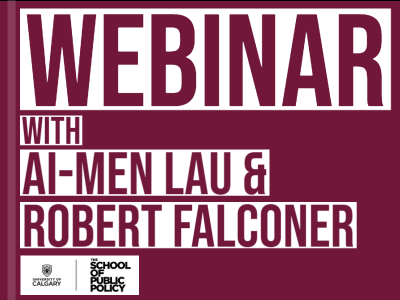Canada vs China: What tools do we have to manage the relationship with a more aggressive China?

Watch the Webinar
Canada vs China: What tools do we have to manage the relationship with a more aggressive China?
In July of this year, the central government in Beijing implemented the National Security Law, effectively eliminating Hong Kong’s political autonomy and curbing the civil liberties of its residents. The move has coincided with troubling reports of oppression and possible genocide of China’s Uyghur minority in Xinjian province, and deteriorating relations between the People’s Republic, America, and other Canadian allies in the Pacific and West.
How should Canada respond to a more aggressive, and oppressive China? Balancing competing trade relationships and strategic alliances may not be possible, especially given the detention of Canadian citizens, and growing tensions between the US and China. Please join our experts for a discussion of what is possible for Canada. The answers to how we deal with China may lie within refugee resettlement, political asylum, relationship building, and a bold stance on human rights.
Ai-Men Lau is a Canadian Hong Konger and a communications officer at the Macdonald-Laurier Institute in Ottawa. She also currently serves as an advisor to Alliance Canada Hong Kong, a multi-partisan pro-democracy advocacy organization. She graduated from the School of Public Policy in 2019. Robert Falconer is a research associate at the School of Public Policy at the University of Calgary, specializing in immigration and refugee policy.


